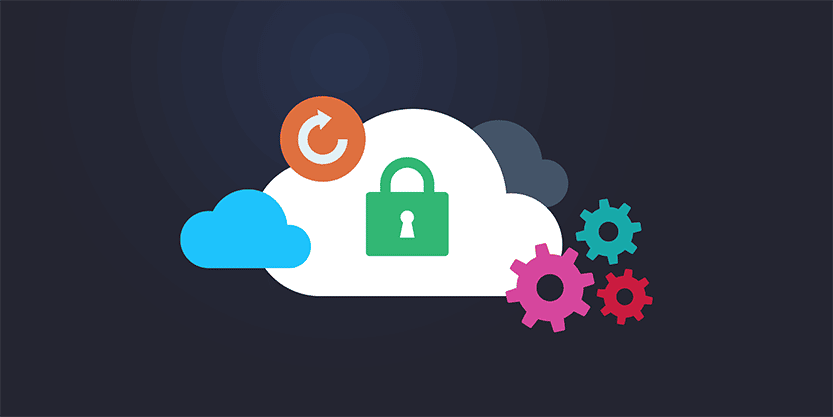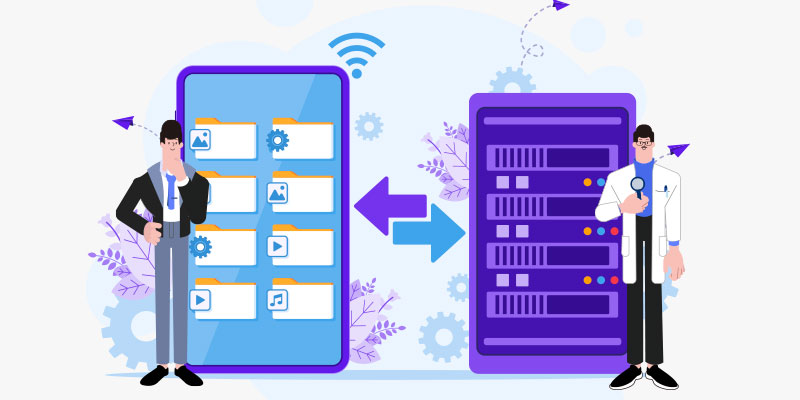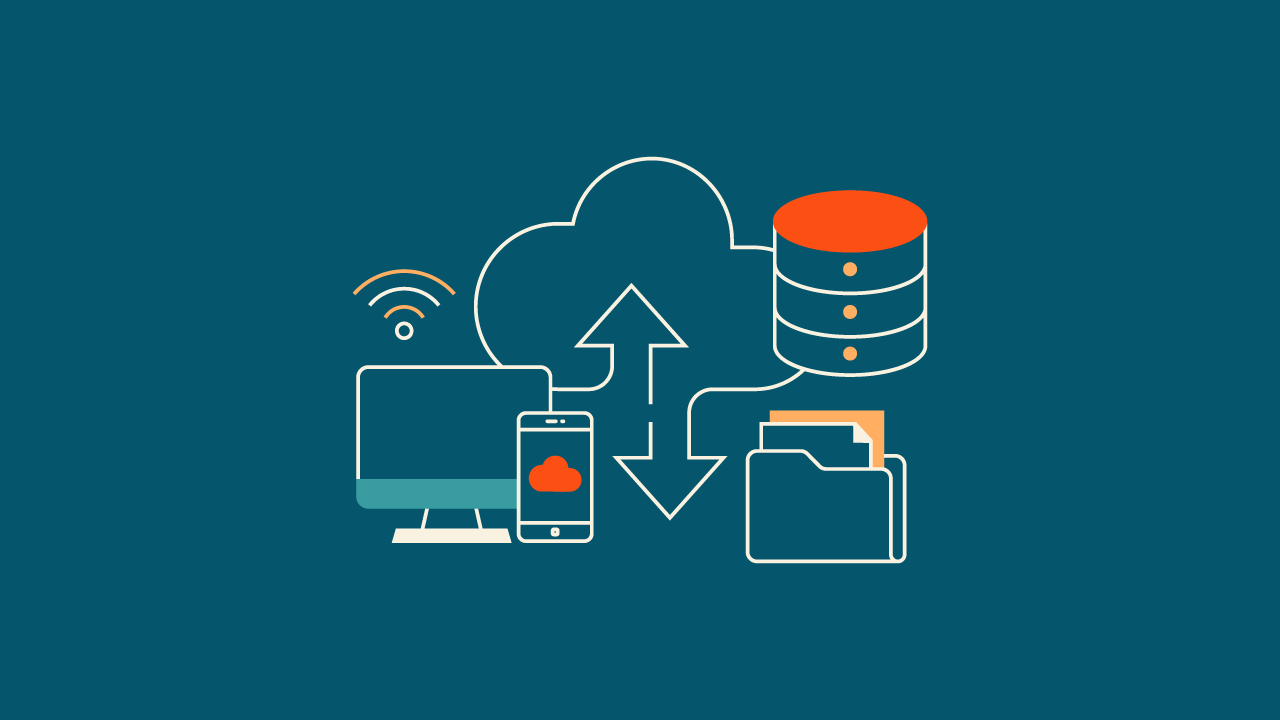Reliable Server Offsite Backup Best Practices
Technology for backup and storage is essential for protecting our digital data. It is crucial to have dependable backup and storage solutions in place in the digital age of today, where data loss can be catastrophic. The various backup and storage technologies, their advantages, and how they can safeguard your important information are all covered in this article.

- Hard disk drives ( Hdd ):
The most popular storage technology used by both individuals and businesses is hard disk drives. They are made up of data-storing spinning magnetic disks. Hdds are suitable for storing large amounts of data because they have high capacities and are reasonably priced. They can, however, be vulnerable to physical harm and are generally slower than other technologies.
- Solid state drives ( Ssd )
Due to their quicker data transfer rates and dependability, solid-state drives are growing in popularity. Ssds use flash memory to store data rather than moving parts like Hdds do. They become more resilient and less prone to physical harm as a result. Operating systems and frequently used software, among other applications that need quick access to data, are ideal candidates for Ssds.
Comprehensive Backup Solution For Applications Explained

- Storage on the cloud:
Due to its ease of use and accessibility, cloud storage has become incredibly popular in recent years. It entails keeping data on accessible remote servers. Virtually limitless scalability is provided by cloud storage, which also does away with the need for physical hardware. Additionally, it guarantees the security of your files by offering automatic backups and data redundancy.
- Network-asssigned Storage ( Nas ):
A dedicated storage device connected to a network called network-attached storage gives multiple clients simultaneously file-level access. Small businesses or homes that need centralized data storage and simple access can use Nas devices. They provide capabilities for data backup, remote access, and sharing.
- Drives for tape:
Even though tape drives are no longer in use, some industries still use them for long-term data archiving. Tape drives provide offline storage options in addition to high capacities and low cost per gigabyte. In large organizations that need secure and dependable long-term storage, they are frequently used for data backup.
Resilient Mail Server ROI Calculation
- Using virtualization
A single physical machine can run multiple virtual machines thanks to virtualization technology. In terms of resource usage and flexibility, it provides significant benefits. Virtual environment-specific backup and storage solutions make recovery and backup efficient, ensuring business continuity.
- replication:
Replication entails making multiple copies of data and storing them on various gadgets. By reducing data loss in the event of hardware failures, natural disasters, or cyber attacks, it is essential for disaster recovery. Data consistency across numerous locations is guaranteed by real-time replication.
- duplication:
By storing only unique data blocks, duplication can be used to get rid of redundant data. It speeds up backup and recovery processes while reducing storage space needs. Deduplication technology improves storage effectiveness without compromising data integrity by locating and removing duplicate data.
Intuitive Offsite Data Archiving Key Features
- Backups made incrementally:
Only the changes made since the previous full or incremental backups are backed up when performing incremental back-ups. Backup time and storage requirements are greatly reduced by this strategy. Restoring data from incremental backups, however, might take longer because it necessitates doing so chronologically.
- Disaster Recovery Planning:
To guarantee business continuity in the event of data loss or system failures, a thorough disaster recovery plan is necessary. Data backup, restoration, and continuity measures strategies and procedures are included. The disaster recovery plan's regular testing and updating aid in spotting any potential weaknesses and guaranteeing its efficiency.
- Encryption of data
Data encryption prevents unauthorized access by converting data into an unreadable format. Data confidentiality is guaranteed by the fact that only the correct encryption key can be used to decrypt encrypted data. When storing sensitive or personal information, encryption is especially important to avoid identity theft and data breaches.
Essential Backup External Hard Drive To Cloud For Large Enterprises
- Storage Solutions for Hybrids:
Solutions for hybrid storage combine the advantages of various technologies, including cloud storage, Ssds, and Hdds. Organizations can improve performance, cost-effectiveness, and data accessibility by utilizing the strengths of each technology. Intelligent data tiering is made possible by hybrid solutions, which automatically transfer frequently accessed data to more quickly held data.
- Management of the data lifecycle
Managed data over the course of its entire life cycle, from creation to deletion, is known as data lifecycle management. Processes like data classification, policies for retention, and archival techniques are included. Data is efficiently stored, made available when needed, and complies with regulatory requirements thanks to effective data lifecycle management.
Key Takeaways or a related term Automated Data Backup.
Real-time Best Encrypted Cloud Backup Innovations

- The protection of digital data depends on backup and storage technologies.
Hard disk drives ( Hdds ) provide high-capacity storage at an affordable price, but they can also be slower and physically fragile.
Solid-state drives ( Ssd ) offer greater reliability and quicker data transfer speeds.
- Automatic you could try here backups, scalability, and convenience of cloud storage.
For homes and small businesses, network-attached storage ( Nas ) offers centralized storage and simple access.
In some industries, tape drives find out are still used for long-term data archiving.
- In virtual environments, virtualization makes backup and recovery effective.
- By making duplicate copies in different locations, replication reduces data loss.
- By getting rid of redundant data, deduplication lowers the need for storage space.
By only backing up changes made since the last backup, incremental backups save time and space.
Planning for disaster recovery ensures business continuity helpful hints in the event of system or data failures.
Sensitive data is safeguarded from unauthorized access by data encryption.
- To maximize performance and cost-effectiveness, hybrid storage solutions combine various technologies.
- Data lifecycle management ensures effective storage and regulatory compliance by managing data throughout its lifespan.


